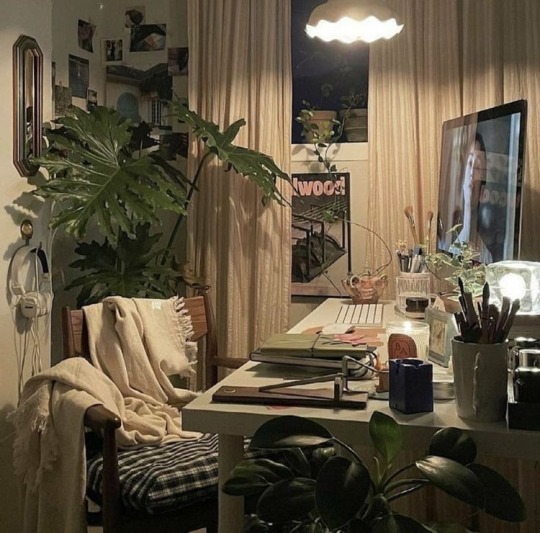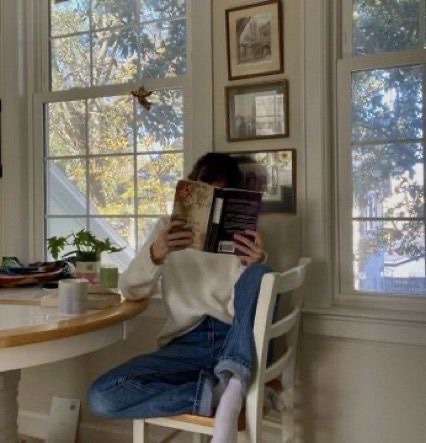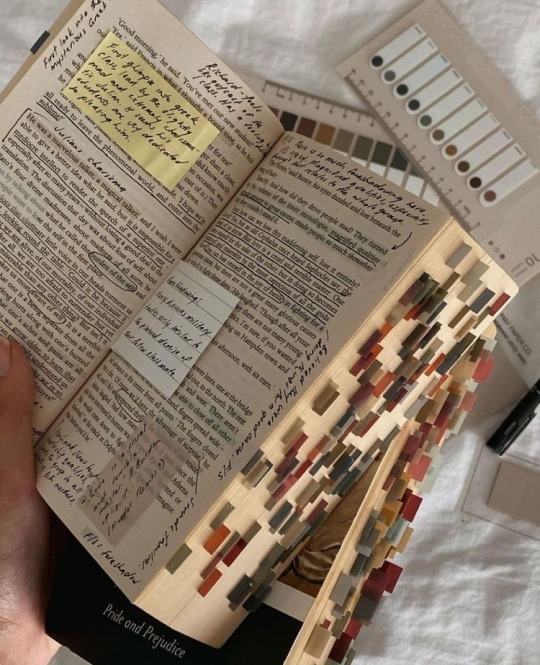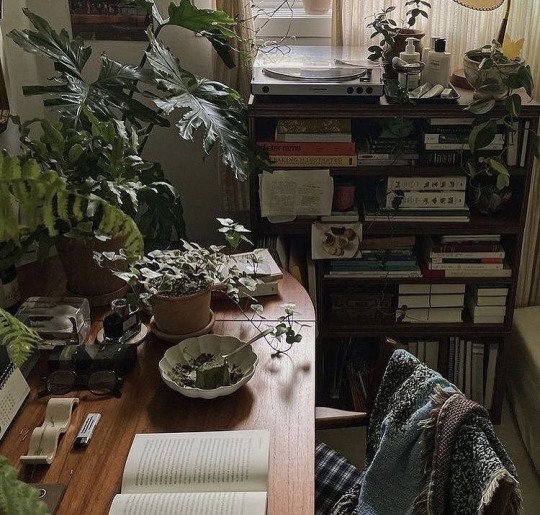Text
slovak resources 🇸🇰
online courses
e-slovak.sk provides full courses at a1 and a2 level, with interactive exercises and videos, either self-study or tutor-supported (i.e. with a real teacher giving feedback), completely free, with a certificate for completing the final exam.
slovake.eu has courses for introductory level, a1, a2, b1, and b2, as well as a special grammar course. includes lessons, quizzes, exercises, language games, a multimedia library.
loecsen has a set of lessons which guide you through learning a set of vocabulary words, revising them, and then testing your memorisation. it has many levels and topics, but it's not as comprehensive or interactive as e-slovak.
goethe-verlag provides 100 free short lessons with audio. since all the lessons use full sentences, it's good for practicing sentence structure, but you will probably need to use other resources alongside it to learn effectively.
mango languages requires a paid membership (some libraries have memberships; check if yours does!), so i haven't tried it, but it's generally considered a good platform and has a ton of other languages besides slovak too.
interactive flashcards
memrise
clozemaster
digital dialects
badabada
videos and movies
learn slovak with stories is a lovely youtube channel run by a slovak teacher with tons of really charming, slow, learner-oriented content including stories, lessons about slovak culture, discussions of language learning, and so on.
ivysílání as well as this google drive folder by @valerieandherweekofwonderz have lots of classic czechoslovak / czech / slovak films, but be careful, most of them are in czech!
podcasts
learn slovak and more
one minute slovak
comprehensible slovak
slovakforu
music
slovak pop mix
slovak rap mix
slovak rock mix
slovak folk mix
my slovak playlist :)
14 notes
·
View notes
Text
Academics who are both good researchers and good writers are just *chef kiss*
225 notes
·
View notes
Photo

John Rylands Library, Manchester, UK, photo by frenchie.rose
17K notes
·
View notes
Photo
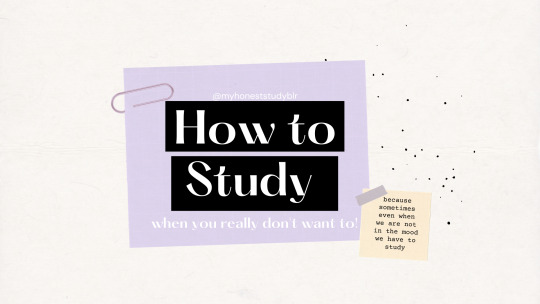
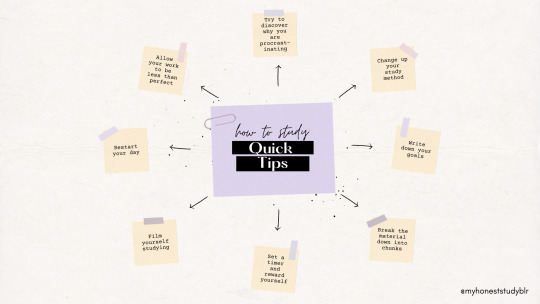
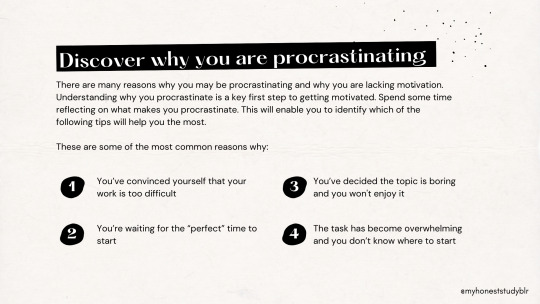

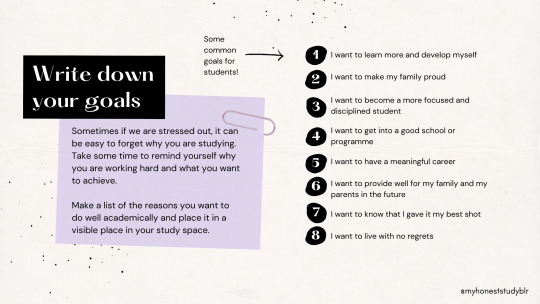
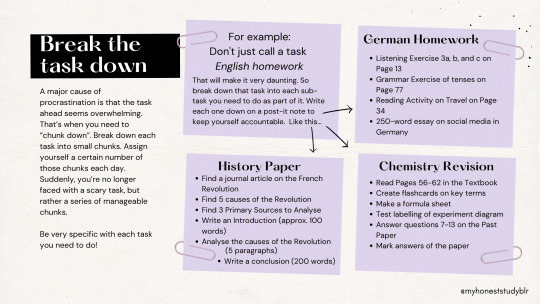
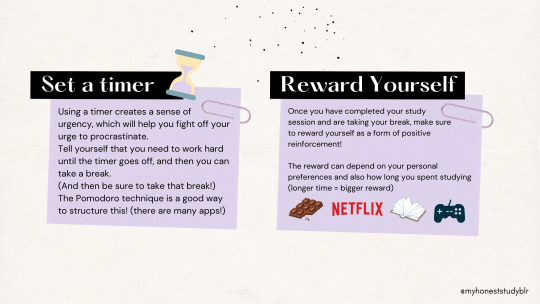
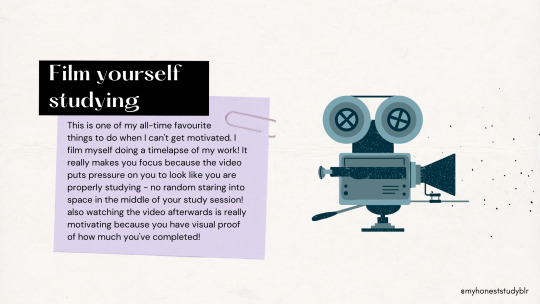
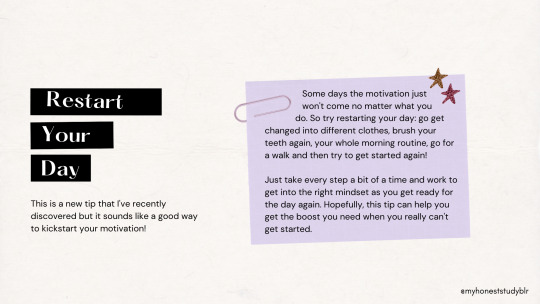
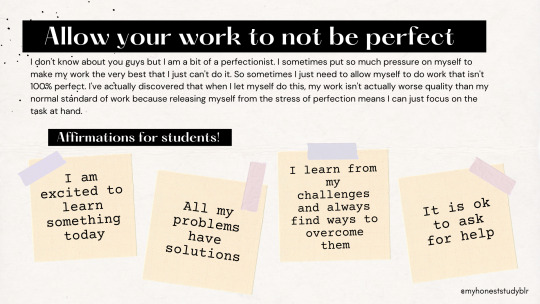
my masterpost | my studygram | ask me anything | How to Stop Procrastinating
9K notes
·
View notes
Text
studying while neurodivergent big post
this post is mainly targeted at people who are at university/college and have a disorder that makes studying challenging (e.g. you experience executive dysfunction, perfectionism, concentration issues).
however. some of these tips might be useful in general, so I'm not going to stop anyone from following my advice even if they're neurotypical
preparing for class
in general: do it. prepare for your classes. it makes it more likely that you're actually going to show up (in my experience)
you don't have to read every single word of every single reading. read the introductions, the abstracts, the sub-headings, and the conclusion. you can go back and read the rest if it feels necessary
take notes while you read. they don't have to be pretty, it's just about keeping your brain engaged with what you're learning
bring all your notebooks into uni with you if possible! this way, there's nothing stopping you from procrastinating studying for one class by studying for another class (which is a fine and good thing to do)
most textbooks are available for free or for cheap in the depths of the internet or in a secondhand bookshop :)
things to keep in mind for being in class
uni is not high school. it's unlikely that a lecturer or tutor is going to get mad at you if you bring something to stim with (as long as it isn't super disruptive)
go to class! even if you haven't done the readings! going to class will give you access to class discussions and a general flow of ideas that will help you with your assignments
skipping class to do an assignment might feel like a good idea, but it's actually a very terrible idea. don't do it. it is not worth it
be honest with your classmates about what you're finding confusing. chances are that they'll either have a cool way to explain it, or they'll be just as confused (in which case, you may have just given them the courage to ask!)
you're allowed to just walk out early if you start to get overwhelmed. people won't judge you or call you out for it. it's okay to leave early
general studying tips
association is the name of the game! pair a certain song, smell, taste, or colour with each class, and be consistent with it. our memories are deeply tied to our senses, and this kind of association will help to remind your brain what class you're doing
don't do what looks pretty or sounds cool, do what works. if you like to listen to your lectures as if they're podcasts while you're doing the dishes... great! if you like to turn facts into puns... awesome! whatever works is good!
count yourself in. if you've been sitting around thinking "I need to do maths" for the past however long, trick your brain by saying out loud "5, 4, 3, 2, 1, MATHS!" and then GO
another cool brain trick is to tell yourself that you're only going to study for 10 minutes, or you're only going to read one chapter. this lowers the barrier to getting started, and will usually help you get into the flow and get at least something done
if body-doubling works for you, then do it! organise a day each week to meet up with a friend and study together! you'll both appreciate it
keep your phone in a different room from your studying gear
get one of those content keeper extensions on your computer, and get your best friend to set the password. this will protect you from the pull of Tumblr when you're meant to be reading about politics in Botswana or whatever
essays
read the question! read it again! highlight the important words in the question! read it out loud! and only THEN figure out how you're going to answer it
you can't edit a blank page. whack some words down. come back to them later. your first go does not have to be perfect
organise your notes by theme, not by which article gave you the idea. this will help you to turn notes into paragraphs with consistent arguments
cite as you go. take note of where you found each of your quotes. it is so much better this way, I promise
your essay plan only needs to make sense to you. lay out your plan however you like. again, it's better to have something on the page than nothing
make your essay writing timeline as if you know that disaster will strike the week of the due date. pretend that the due date is a week before it actually is. give yourself due dates for smaller parts of the assignment. whatever it takes to trick your brain into actually doing it ahead of time!!
use text to speech to catch grammar mistakes! hearing your essay read back out loud to you will make it easier to tell when something sounds wrong or bad or clunky
self-care advice
you won't do well on your exams if you're having several meltdowns a day, so you better be looking after your emotional health!!
eat three meals a day if you can. bring snacks with you everywhere. studying makes you hungry, and your brain needs the fuel. carrying around emergency muesli bars everywhere never hurt anyone
have a big water bottle and also carry it around with you everywhere. when you're studying, it can be easy to forget to keep your fluids up, but having your drink bottle on your desk can be a visual reminder to keep on drinking
STRETCH! stretch in between classes. stretch after taking lots of notes. you do not want to damage your arm muscles from typing/writing too much
don't abandon your hobbies during the semester if it is at all possible. don't sacrifice your weekend knitting or your early morning jog. those are the things that you enjoy, and they are the things that will keep you sane once the stress hits
sleep early, sleep often. all-nighters are not the way
this is kind of all I can think of at the moment! I hope at least something on this big long list is helpful for anyone who is studying at the moment. remember that your grades don't define you, and that you are more than just a student!
2K notes
·
View notes
Text
From Beginner to Intermediate: an intense plan for advancing in language
Introduction
I've studied Spanish at school for 3 years and now I'm at a low B1 level. I can actually understand pretty well while listening or reading but I can't communicate fluently.
This plan will include vocabulary build up, some grammar revision, a lot of listening, reading and writing. And could be used for the most languages, not only Spanish.
Plan
Every day:
Conjugate one verb in present, past and future tenses
Make a list about 10 - 30 words long
Create flashcards with them and start learning them (I use Quizlet for flashcards)
Revise yesterday's set of flashcards
2-3 times a week:
Read an article or a few pages from a book
Write a few sentences about anything in your target language
Listen to one episode of podcast (at least one)
Once a week or every two weeks:
Watch a movie in your target language, preferably animated movie as the language used there is easier. You can watch with subtitles
Grammar exercises
Translate some short text
Once a month:
Write something longer, like an essay or report, on chosen topic
Additionally:
Talk to yourself, to your friends, to your pets
Text with someone
Look at the transcription while listening to the podcast for second time
Repeat what you hear (in podcast or movie)
Check words you don't know from the listening and reading
Read out loud
Listen to music in your target language - you can even learn the text and sing along
Watch YouTube in your target language
Change your phone language to the one you're learning
Think in you target language!!!
***This is very intense plan for self-learners, you don't have to do all of these things in the given time. Adjust it to your own pace. I'll try to stick to this, if I have enough time.***
10K notes
·
View notes
Text
“I think it’s very healthy to spend time alone. You need to know how to be alone and not be defined by another person.”
— Oscar Wilde
2K notes
·
View notes
Text


University of Oxford by easy.reel.
5K notes
·
View notes
Text
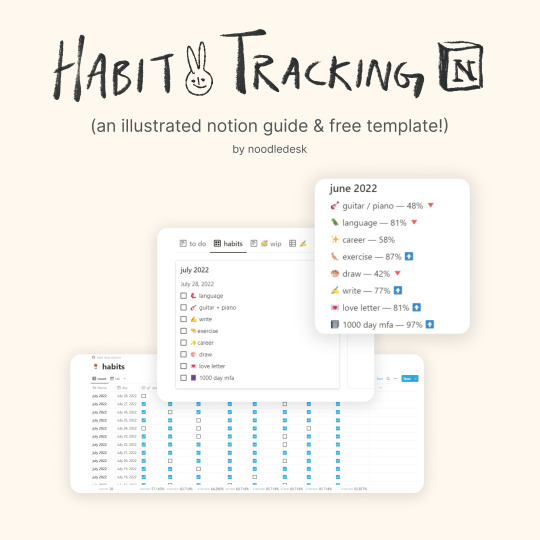
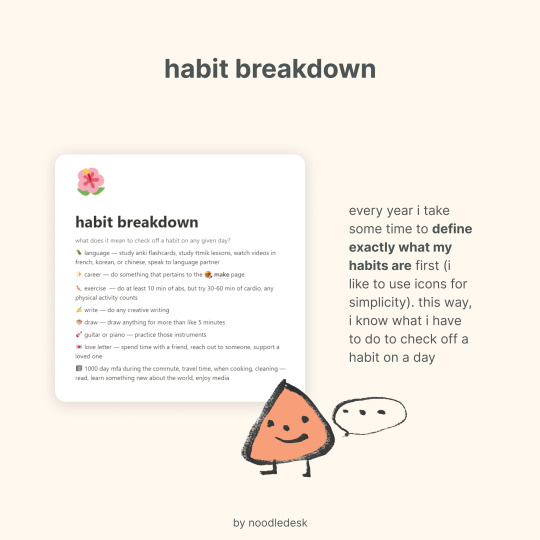

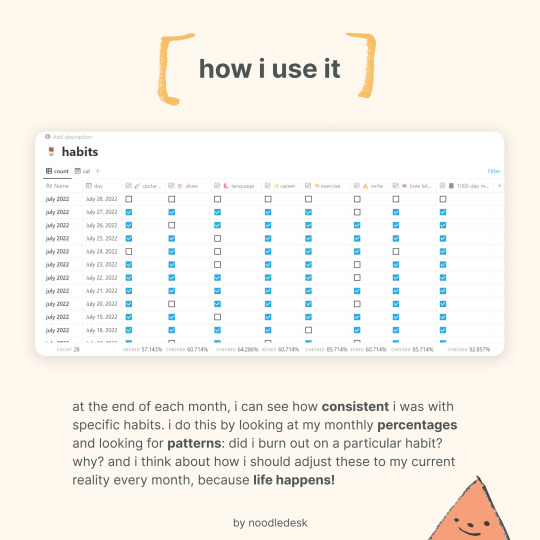




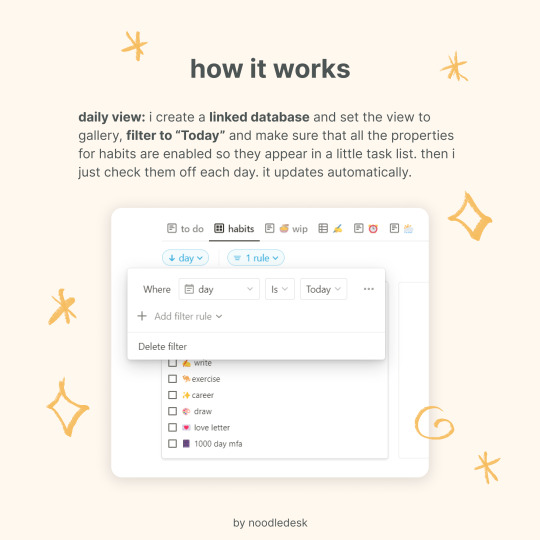

new: i made a FREE TEMPLATE if you're interested in this habit tracker notion setup🌱💗💞
i've received a few questions about how i track habits, which honestly changes often, but i thought i'd share how i do it right now.
other posts that may interest you: making a dashboard in notion (with template) | my notion tag
this is a pretty low-maintenance and simple way of tracking habits, while still using the wonderful database feature. i hope it helps you ✨😋
post text in alt text and also under the cut:
title: how i track my habits on notion (an illustrated guide + free template)
habit breakdown: every year i take some time to define exactly what my habits are first (i like to use icons for simplicity). this way, i know what i have to do to check off a habit on a day
how i use it: every day, my dashboard has a habits section that updates daily. when i practice the habit, i just check it off. this refreshes automatically so it’s convenient.
how i use it: at the end of each month, i can see how consistent i was with specific habits. i do this by looking at my monthly percentages and looking for patterns: did i burn out on a particular habit? why? and i think about how i should adjust these to my current reality every month, because life happens!
how i use it: then i jot down these numbers so i have a general idea of whether or not i’m being consistent with the intentions i set at the beginning of the month. i ask myself, why or why not? and then i make adjustments to my new interests and priorities.
benefits
benefits — an easy habit tracker helps you see what you’re doing each day so you have an idea of what you want to practice more, practice less, and gives you a better idea of how your habits are affecting your wellbeing, instead of just relying on vibes, which can make you hard on yourself.
encouragement — checking it off gives me a sense of accomplishment. i had a tendency of thinking i wasn’t ‘doing enough’ each month, but when i write things down, i have concrete proof that i did things that were important to me. you also get to look back on your month and be like, look at all these things i did for myself! and have a little celebration :)
how it works: calendar view: of course i’ve created a template for you to use (yay!), but it’s worth learning how i set up the template so you can adjust it to your needs. basically, each habit is a property, and each page corresponds to a day, which has all the habits on it like a checklist. every month i duplicate the page each day for a month (it sounds cumbersome, but actually only takes about a minute total). this allows me to review every month if i want to keep my habits the same, set habit intentions each month so i can reflect and consider, what habits should i continue? what should i stop? it keeps it flexible. also, if you’re going on vacation, need a break, or anything comes up, you can take days off and that way your statistics won’t be skewed by stretches of time where you aren’t planning to practice your habits.
tip: hold alt + drag your mouse to duplicate pages super quickly for this step
how it works: count page: all you have to do here is filter the date to the interval you’d like to see your habits summarized in. i keep mine as calculated per month, but you can set your interval for a week or year or something more specific.
how it works: daily view: i create a linked database and set the view to gallery, filter to “Today” and make sure that all the properties for habits are enabled so they appear in a little task list. then i just check them off each day. it updates automatically.
closing: and that’s it! for me, simple is best. i change how i track stuff all the time, but for now, this works just fine. i hope it can help you too.
854 notes
·
View notes
Text
Describing weather with estar & hacer

Both estar and hacer are used for expressions that describe the weather. Despite the fact that both verbs can mean “it is,” the correct verb must be used with its corresponding noun/expression.
Estar
está nublado it is cloudy
está lloviendo it is raining
está nevando it is snowing
está lloviznando is drizzling
está lluvioso it is rainy
está húmedo it is humid
está seco it is dry
Hacer
hace (mucho) frió it is (very) cold
hace calor it is warm
hace sol it is sunny
hace viento it is windy
hace fresco it is cool
hace (muy) bien tiempo it is (very) nice weather
hace (muy) mal tiempo it is (very) bad weather
1K notes
·
View notes
Photo




“These memories, which are my life–for we possess nothing certainly except the past–were always with me.”
― Evelyn Waugh, Brideshead Revisited
1K notes
·
View notes
Photo





Minimalist Posters of Great Mathematicians.
22K notes
·
View notes


